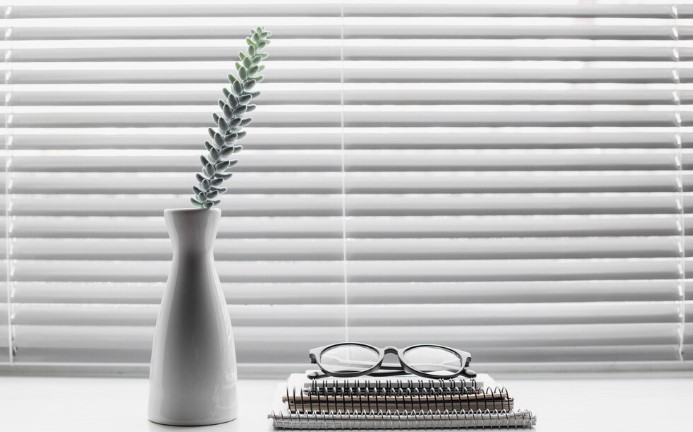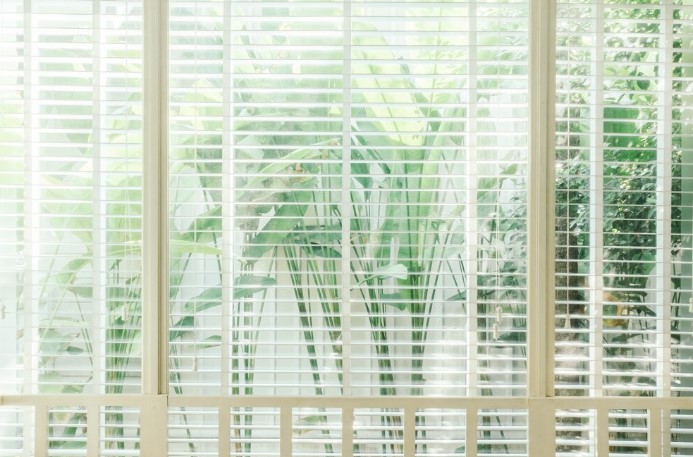Privacy and natural light play essential roles in home design. While privacy fosters security and comfort, natural light enhances aesthetics and well-being, notes BridgeHaus Property experts. Achieving a balance between the two creates inviting spaces that promote relaxation and tranquillity.
In modern urban settings, maintaining privacy while maximizing sunlight can be challenging. With close neighbors and busy streets, homeowners seek effective yet stylish window treatments. Fortunately, innovative designs offer solutions that ensure seclusion without sacrificing brightness. This guide explores the best shades for achieving both privacy and natural illumination. Explore the best shades for your home at https://www.shadeit.com/collections/shades.
The Importance of Privacy and Natural Light
Maintaining privacy enhances comfort by reducing external distractions and safeguarding personal space. It fosters a sense of security, strengthens relationships within households, and protects sensitive information. A well-planned space prioritizes seclusion while maintaining a welcoming atmosphere.
Natural light significantly impacts interior design and well-being. It boosts mood, creates a connection with nature, and enhances productivity. Well-placed windows and skylights brighten interiors and reduce reliance on artificial lighting, promoting energy efficiency. Exposure to daylight helps regulate sleep cycles and can contribute to an overall healthier lifestyle.
Balancing privacy and natural light is crucial in home design. Strategic placement of windows and window treatments allows sunlight in while preserving seclusion. A well-designed space considers both elements, resulting in an environment that feels open yet private. The right window coverings enhance aesthetics, comfort, and energy efficiency while ensuring that occupants enjoy both illumination and discretion.
Understanding Different Types of Shades
Shades are essential for controlling light and privacy. Historically, they evolved from simple coverings to sophisticated designs catering to modern needs. Various types offer distinct functionalities:
Roller Shades: Provide adjustable light control with a sleek, minimalistic appearance. Available in various materials, they can filter or completely block light, offering flexibility.
Roman Shades: Combine aesthetic appeal with insulation benefits. Their fabric folds create a luxurious look while providing varying degrees of privacy and sunlight control.
Blackout Shades: Completely block sunlight for enhanced privacy and restful sleep. Ideal for bedrooms and media rooms, they help create a dark, serene environment.
Sheer Shades: Allow filtered light while obscuring views from outside. These shades are perfect for living spaces where brightness and privacy are equally important.
Cellular Shades: Feature a honeycomb structure that enhances insulation and light diffusion. They help regulate indoor temperatures, making them an energy-efficient choice.
Solar Shades: Reduce glare and UV exposure while maintaining outside visibility. These shades are great for protecting furniture and flooring from sun damage while keeping interiors well-lit.
Each type serves a specific purpose, enabling homeowners to customize their spaces effectively. Combining different shade types in various rooms allows for a tailored approach to privacy and lighting control.
Choosing the Right Shades for Your Home
Selecting the ideal shades requires considering individual preferences, room functionality, and environmental factors. Lighter hues create an airy feel, while darker tones add depth. Materials such as linen and cotton offer versatility, while faux wood ensures durability and easy maintenance.
Assessing a room’s purpose helps determine the best choice. For instance, blackout shades suit bedrooms where darkness promotes restful sleep, while sheer blinds enhance living spaces by providing light and privacy. Kitchens and dining areas benefit from solar shades, which minimize glare while maintaining brightness. The right selection complements the home’s aesthetic while meeting practical needs.
Other factors to consider include ease of operation and maintenance. Motorized shades offer convenience, especially for large windows or hard-to-reach areas. Cordless options enhance child and pet safety, while moisture-resistant materials work best in humid environments such as bathrooms.
Additionally, layering different window treatments can optimize both privacy and light control. Pairing sheer curtains with blackout shades allows flexibility, soft daylight during the day and complete darkness at night. Combining various textures and styles adds depth to the design while enhancing functionality.
FAQs
Is there a shade that allows one-way visibility?
One-way vision shades or mirrored window films provide daytime privacy by permitting visibility from the inside while obstructing the view from the outside.
What are the best window treatments for privacy without sacrificing light?
Translucent blinds, sheer curtains, and frosted glass are excellent options. They diffuse light while ensuring discretion, creating a bright yet secluded environment.
Are there energy-efficient shades that also provide privacy?
Cellular shades offer excellent insulation while maintaining privacy and natural light control. Their honeycomb structure traps air, improving energy efficiency by regulating indoor temperatures.
Can I combine different window treatments for better results?
Yes, layering treatments such as pairing sheer curtains with blackout shades or using blinds with drapes allow for better light and privacy management. This approach also adds style and depth to interior design.



More Stories
Creating Cozy Spaces in Your Mobile Home Without Permanent Changes
Kitchen and Bathroom Remodels That Add the Most Value to Your Home
The Most Common HVAC Myths That Waste Homeowners’ Money